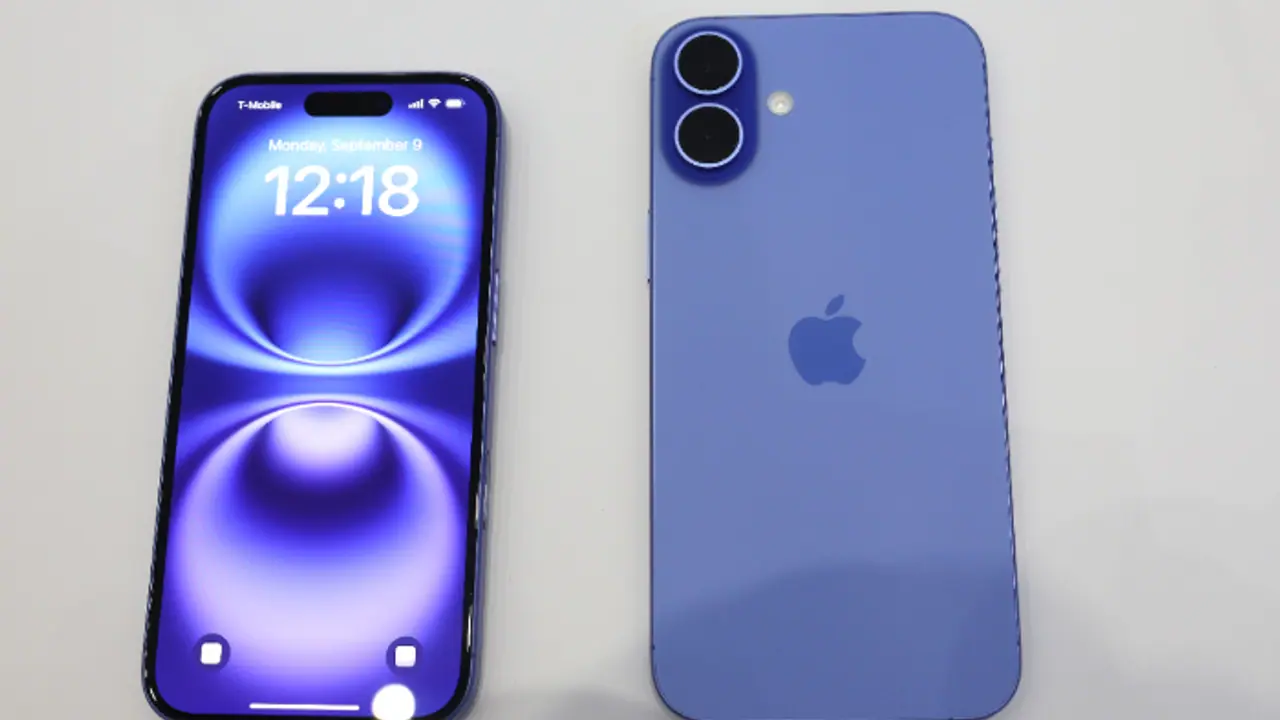While the iPhone 17 series will still use an oleophobic coating, the anticipated advanced layer, potentially similar to Corning's Gorilla Glass Armor, won't be included this year.
The next iPhone 17 Pro and iPhone 17 Pro Max may not include the revolutionary display technology that was previously rumored, which may upset Indian Apple enthusiasts. A recent story claims that production problems have forced Apple to scrap plans for a new anti-reflective, scratch-resistant covering.

It was anticipated that Apple will apply a unique anti-reflective and scratch-resistant coating to the iPhone 17 Pro and Pro Max models' screens. But according to MacRumors, the tech titan has abandoned this concept. According to sources, the new coating application technique was too sluggish and challenging to handle on a broad scale.
Even though Apple planned to use the new layer only on the Pro models, mass production problems made the feature impossible this year.
Apple has been utilizing an oleophobic coating that is resistant to fingerprints since the iPhone 11, which helps to minimize oil smudges on the screen. Although the iPhone 17 series will continue to employ this coating, it is not anticipated that the extra-hard, anti-reflective layer will be included in the next generation of Pro models.
Inspiration taken from Samsung?
Apple's new display covering may be more resilient than Ceramic Shield, according to earlier rumors, and resemble Corning's Gorilla Glass Armor, which is found on the Samsung Galaxy S24 Ultra. That screen has a reputation for being extremely anti-reflective and scratch-resistant.
However, with the iPhone 17 Pro series, it appears that Apple is not yet prepared to match that degree of screen protection.
What to expect from iPhone 17 series?
The iPhone 17 series is expected to launch in September 2025 and may include:
iPhone 17, iPhone 17 Slim (or Air), iPhone 17 Pro and iPhone 17 Pro Max
According to reports, the normal iPhone 17 and Slim variants may have an A18 or A19 processor and 8GB RAM, while the Pro models may have an aluminum frame, an A19 Pro chip, and 12GB RAM.


